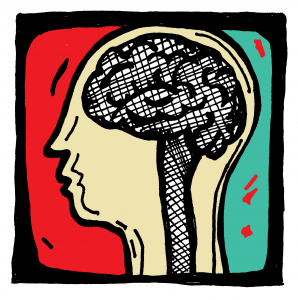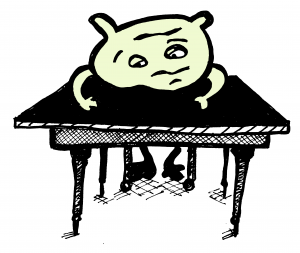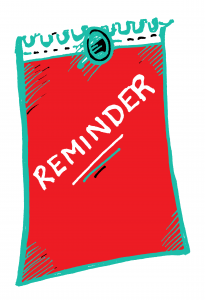
How Do Medications Work?
Medications affect the patterns of neurotransmitter activity in the brain. Neurotransmitters are chemicals that pass messages around the brain. In mental illness, there are disruptions to activity which are thought to cause the symptoms of psychosis or bipolar. Medication reduces symptoms by changing neurotransmitter activity. Other things also influence neurotransmitter activity such as food, exercise, talking therapies etc.

What are the advantages and disadvantages of taking medication?
Decisions about taking any medication involve weighing up advantages and disadvantages. Common ones are listed below. It can be useful to understand these, especially if your relative is refusing to take medication.
Advantages of Medication Use
- Reduces risk of relapse
- Reduces psychotic experiences
- Improves mood
- ‘Calms’ behaviour
- Improves sleep

Disadvantages of Medication Use
- Side effects e.g. tiredness, difficulty concentrating, craving high calorie food that may lead to weight gain, muscle tremors and thyroid problems
- Loss of any positive aspects of psychotic / bipolar experiences
- Questions of self-identity – am I ‘mad’?
- Having to remember to take tablets
- Regular health checks and blood tests
- It doesn’t work well for everyone
- Fear of being poisoned or put in a ‘chemical straight jacket’

What can be done to make taking medication easier?
- It can take many attempts to find the medication that works best with fewest side effects. Changing the type of medication and the schedule can both help. Discuss this with your psychiatrist
- Clear information should be given about why medication is being prescribed and what it is for
- Reminders such as mobile phone alerts or dosette boxes can help (dosette boxes store doses of medication organised by day of the week and time of required dose)
- Alternative forms such as liquid or dissolvable tablets are also available

Managing side effects.
Medications can have many unpleasant side effects. The exact effect depends on the medication. It might help to try the following:
- Talk to the person prescribing medication about the benefits and side effects of the medication. They can try and find the right medication at the right amount to give the most benefit with the least side effects
- Weight gain is a common side effect but can often be managed by exercise and diet programs. Ask a dietitian to help with this if necessary
- Tiredness is also common but can be managed by planning when to take medication and regular sleep patterns. The person prescribing the medication can advise on the best time to take the medication


